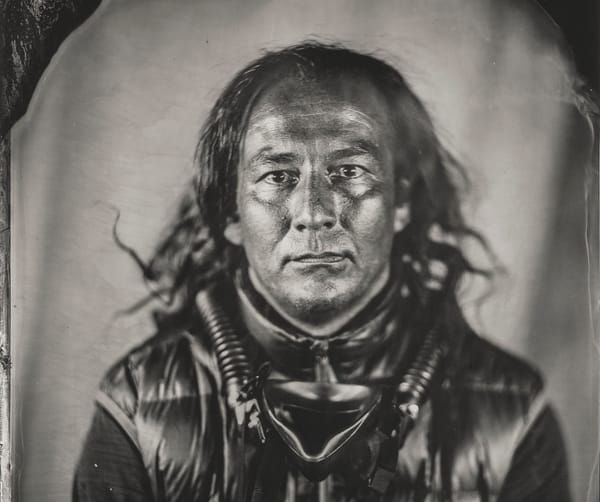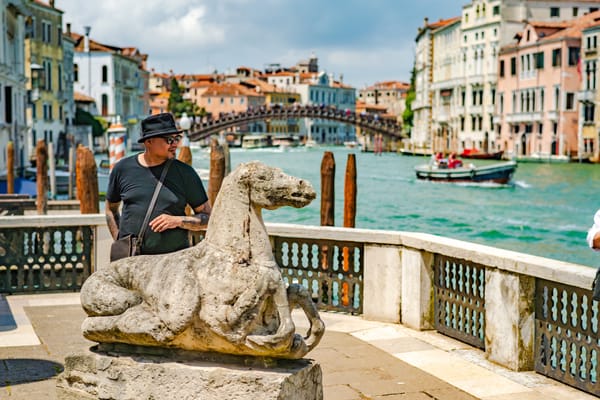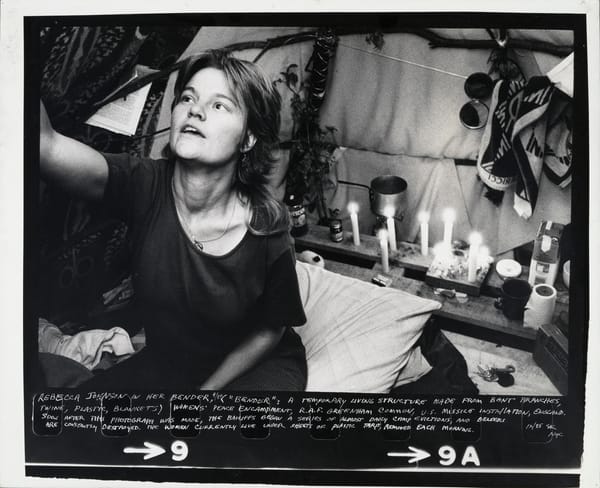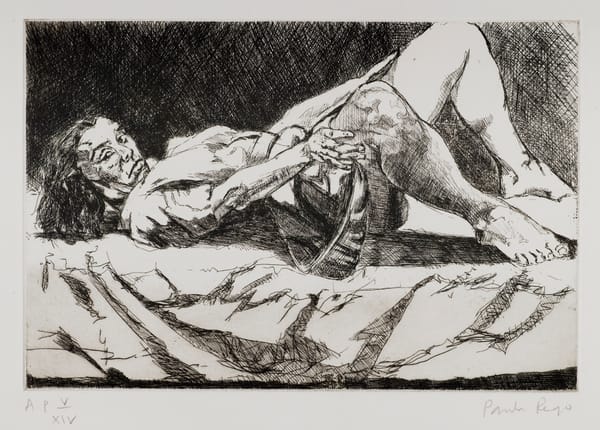Is China Trying to Co-opt Ai Weiwei?
The Chinese government might be relaxing its censorious attitude toward Ai Weiwei.
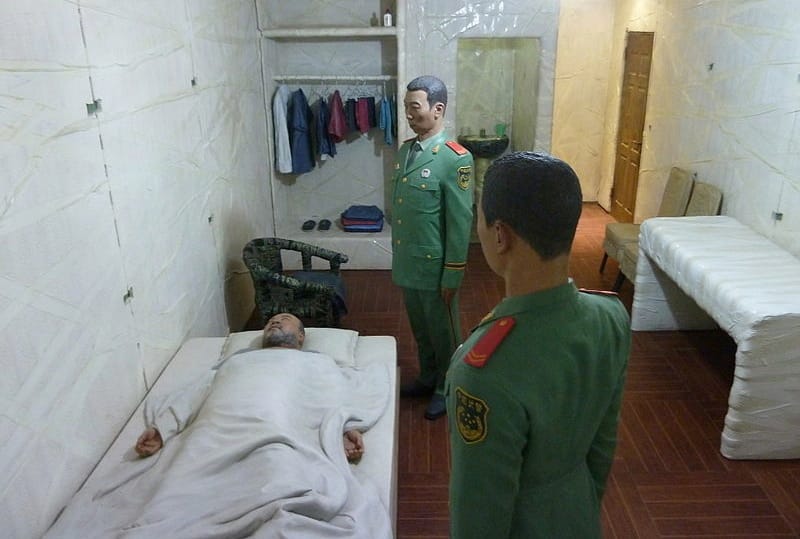
The Chinese government might be relaxing its censorious attitude toward Ai Weiwei. According to The Art Newspaper, Wei has had four solo shows open in Beijing since June — an explosive re-entrance onto China’s contemporary arts scene after an absence of four years.
Ai had not had a single show in his native country since 2011, when he was held in solitary confinement for 81 days. Following his release, his passport was confiscated and he was heavily monitored both at home and in public. The Chinese media was prohibited from even mentioning his name.
“The nation, however oppressive, is working towards a more level society, within the rule of law,” Ai told the newspaper. “It is a step closer to getting my passport, but that is not the goal. Without my passport, I am still an artist and I can use the internet to communicate.”
It might be too early to say whether anything has really changed for Ai, though. His new exhibitions were approved by the government and have all been visited by plainclothes police offers. And unsurprisingly, in each case, the works they feature do not deal with blatantly political themes.
The first show, held jointly at Galleria Continua and Tang Contemporary Art, presents a poetic rumination on history and place that centers on a Ming Dynasty ancestral hall. Another titled AB Blood Type, at Magician Space, focuses on ordinary forms — cast iron blades of grass and wire coat hangers — to “allude to the humble non-descript features of quotidian everyday life.” The instructional exhibition Tiger, Tiger, Tiger at Chambers Fine Art similarly includes porcelain, crystal, and wood sculptures that illustrate “the different approaches [Ai] adopts in the shaping of the materials with which he works.” It’s unclear what works were shown at the fourth show, a one-day affair held June 19 at the studio of his protégé Zhao Zhao.
The state-sanctioned newspaper The Global Times praised the exhibitions as offering Ai a “fresh start,” though it suggested he continue abstaining from creating political work in the future. “The ideal relationship between artists and politics is supposed to be moderate,” it stated. “It would be meaningful if Ai could produce more works of art that could help broaden the Chinese public’s horizons and boost public interest in modern art.”
It seems possible those sentiments echo a larger government strategy to rehabilitate Ai back into Chinese society as an artist of his own making — presumably, one whose works would also evoke “sunshine from blue sky and breeze in spring that will inspire minds, warm hearts, cultivate taste and clean up undesirable work styles.”

